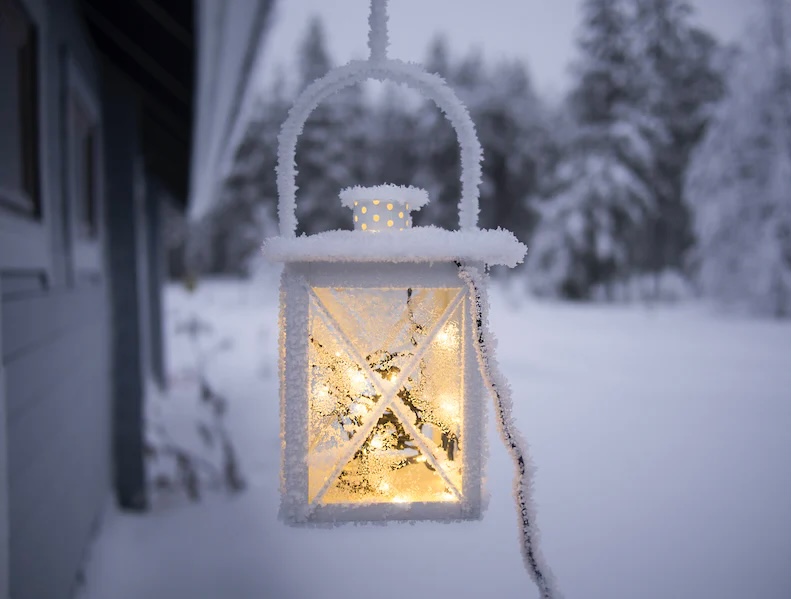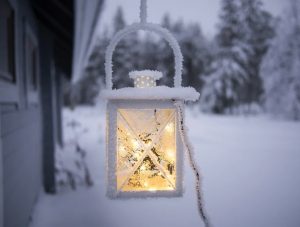
Winter weather can place seniors at risk.
Seasons have their benefits and their risks in Kansas and Missouri.
Springs and Summers can bring hail and tornadoes.
Summers can become unbearably hot and humid.
Fall brings pumpkin spiced anything.
Winter can bring cold, ice, and snow.
Oh, my!
According to a recent The Spokesman-Review article titled “Seniors should make plan to stay safe at home during emergencies,” seniors are often one of the most vulnerable populations from seasonal dangers.

Vulnerable seniors need be proactive in preparing for winter.
As the weather once again turns cold, it is important for those of any age to prepare for emergencies.
What are ways seniors can be proactive in securing their safety?
Have medications on hand.
For those who rely on daily medications, being unable to access a pharmacy (even for a few days) can be deadly.
If you (or your loved ones) have prescriptions, check to see if your pharmacy allows for mail order delivery should leaving your house be particularly risky.
Stay warm enough.
Older individuals tend to lose body heat more quickly than those who are younger.
Seniors should have a backup source of heat in case of gas or power outages in winter.
These can include backup generators or wood-burning stoves.
With any alternative source of heat, it is important to be safe.
Using a stove or gas oven to heath your home can lead to carbon monoxide poisoning.
Yikes!
Stay cool enough.
While seniors are often more susceptible to cold, they are also less tolerate of heat.
Check to make sure the air conditioning is working and there are clean filters.
Although dangerous temperature spikes will happen in the summer rather than winter, it is important to have a place to go should the heat become dangerous.
In a pinch, think Walmart.
Get and stay connected.
Seniors should ask neighbors, nearby relatives, or friends to check in during storms, power outages, heat waves, and cold snaps.
A cellphone is helpful in case the landline goes out with the power.
Air quality matters.
Seniors have a two to three times higher prevalence of chronic obstructive pulmonary disease (COPD) than those who are age 60 or younger.
When the air quality is poor, these individuals should limit their time outside.
Air filters are key to improve the quality of the air in a home and to keep furnaces in winter and air conditioners in summer running well.
Avoid environments where falls are more likely.
Seniors can have a harder time maintaining balance and stability.
It is challenging for anyone to walk in snow and ice, but seniors especially should utilize a quad-cane or a four-wheeled walker with brakes in these conditions.
Flashlights should be accessible to prevent tripping and falling in the dark in the event of a power outage.
If you are at risk for fall, having a medical alert device can help medics arrive more quickly in an emergency.
Living independently certainly has its benefits, but seniors should take extra precautions to proactively minimize risks in the midst of the winter season.
Reference: The Spokesman-Review (Nov. 10, 2022) “Seniors should make plan to stay safe at home during emergencies”
REMEMBER: “The choice of a lawyer is an important decision and should not be based solely upon advertisements.”
This statement is required by rule of the Supreme Court of Missouri.
